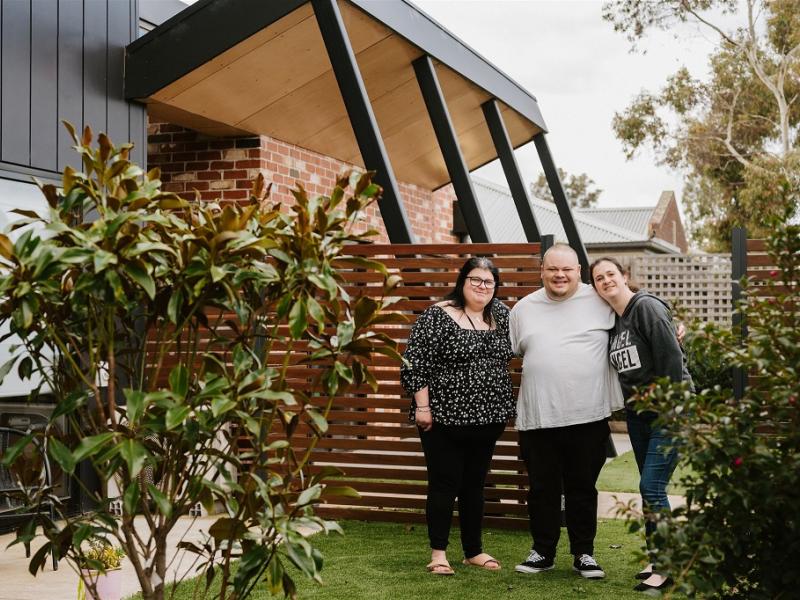How can we ensure the federal government’s upcoming National Housing and Homelessness Plan will best meet the needs of people with mental health and wellbeing concerns?
Leading mental health and homelessness researchers and specialists came together to answer this question at ‘The Way Home’, a free public webinar presented by Mind Australia and Homelessness Australia
Mind CEO Gill Callister began the webinar with some data she said will be of no surprise to many – that more than 120,000 people experience homelessness in Australia on any given night. People fall between the different support systems – housing and homelessness, mental health, disability and others.
She described how Mind and Australian Housing and Urban Research Institute’s Trajectories research into the interrelationships between homelessness and mental ill-health shows that having mental health challenges can be a strong indicator of unstable housing and homelessness for people throughout their life.
“People struggling with mental health challenges often fall between systems, the mental health system, the housing and homelessness system, and disabilities support systems – and you don’t need to work in the mental health sector to understand how mental health challenges can lead to homelessness.
“Mind’s experience working in the From Homelessness to a Home program during the pandemic showed us that 68 per cent of people experiencing homelessness had a serious mental health challenge and had no active engagement with clinical support,” Ms Callister said.
Ms Callister said people without access to mental health support struggled to get a job, have a relationship, and manage finances, all the things that can then make it difficult to keep a roof over your head.
“People with mental health concerns who don’t have access to clinical support find it hard to get or keep employment, housing, maintain relationships and community connection.”
Ms Callister said the Trajectories research also shows how the converse is true – financial strain, job and housing insecurity in turn negatively impact people’s mental health and wellbeing.
“At Mind and The Haven Foundation we believe we have identified a new and effective model of housing with support for people with psychosocial disabilities that puts recovery and secure housing at the centre of that support.
More than 15 per cent of our Haven residents were experiencing homelessness before moving into a Haven residence in the past financial year alone – and our evaluation suggests that up to 40 per cent were at risk of homelessness. They now have stable and secure accommodation, an essential component of people’s recovery journey.”
Ms Callister also discussed how the service too often fails people who might otherwise only mental health and housing support at particular stages in their lives but get caught in a cycle of perpetual ad-hoc and disconnected interactions with clinical and homelessness systems.
“A clearer focus on service navigation through complex systems, a better range of different types of integrated models of support and housing, and holding systems to account to deliver actual outcomes for people who access their services are all part of the change that we think we need to see.”
Ms Callister was joined in the webinar by Kate Colvin, CEO Homelessness Australia; Mark Heeney, Executive Director Housing Strategy, The Haven Foundation; Dr Nicola Brackertz of the Australian Housing & Urban Research Institute; and Dr Elroy Dearn, a researcher at RMIT.
